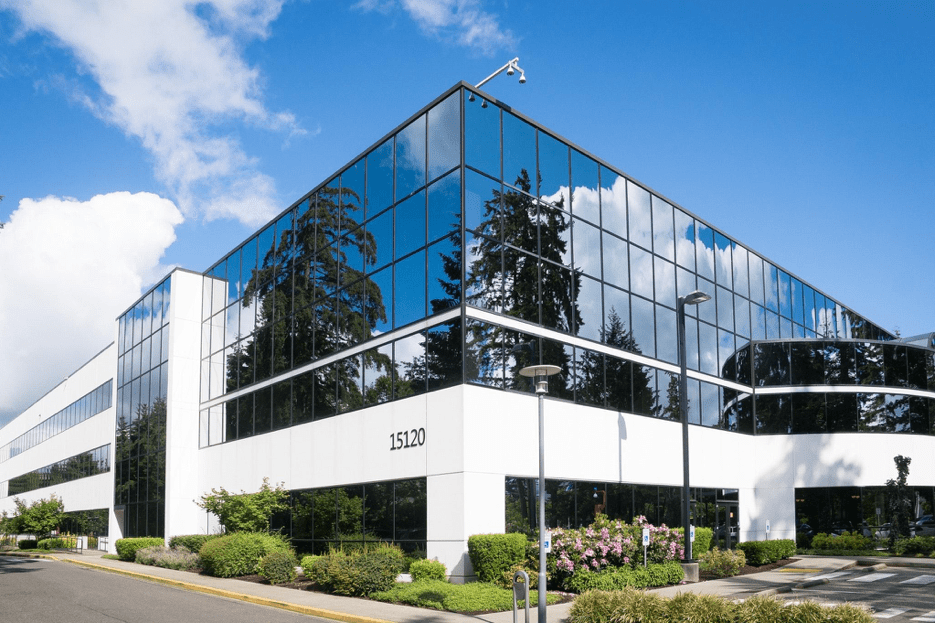The location of your retail business has a huge impact on its performance. Factors like ease of access, the appearance of the area, visibility, and zoning regulations are crucial to consider when buying commercial property. Regardless of whether you’re setting up a new retail business or another branch of your existing business, choosing the right physical setting is essential.
When investing in commercial properties, there are some notable risks involved. Here’s what you need to know to prepare for the process.
How to Begin the Journey of Purchasing Commercial Real Estate
Consider the Nature of Your Retail Business
The type and nature of your retail business are the first things to consider when looking for commercial property. For instance, if you plan to open a coffee shop, gaming studio, or bookstore for youngsters, then a building located near a school or university is ideal. This will help you capture the attention of your target audience and boost your visibility.
Determine Your Spending Capacity
Have a good estimate of how much money you can invest in your property. Take everything into consideration, including the initial down payment, closing costs, and renovation costs. Reasonable renovations may be necessary to attract customers to your retail business or foster your employees’ productivity. But if you have to deal with significant renovation costs, it may not make sense to buy that property.
Financing Your Commercial Real Estate Purchase
No real estate transaction can be carried out without capital, but it doesn’t have to break the bank either. Financing commercial property is not as complicated as many beginners expect. Try to secure financing and get pre-approved even before you start searching for your retail property.
The financing options available to you depend on your personal and business credit scores, the type of property you’re buying, and the type of loan that’s best for you.
Perform Due Diligence
Once you have selected a commercial property, start doing your homework. Inspect the property thoroughly and look for discrepancies. Review any lease agreements, title documentation, and surveys related to the property. Also, check if the layout and structure of the building are good for your retail business.
Remember, no matter how much information you gather pre-purchase, it’s never too much! It’s helpful to hire professionals for this since you may miss important details, and most lenders prefer valid inspection documents that have been prepared by reliable sources.
Find the Right Experts to Partner With
Buying commercial real estate involves lots of complicated rules. So, in addition to a lender, you need to have the right team of experts to help you process the deal smoothly. They can help you secure financing and warn you about potential problems from the beginning.
Here are some professionals you’ll need to consult:
- Commercial Realtor
- Accountant
- Commercial real estate attorney
- Commercial real estate broker
- Tax attorney
It’s best to have your team ready before you start searching for potential properties. The process of hiring professionals may not be cheap, but it could save you from costly mistakes and unnecessary complications in the long run.
Start Searching the Real Estate Market
Once the budget, desired property type, and other necessary requirements are confirmed, it’s time to search for available commercial properties. Look specifically for properties that match your requirements. Searching online is a good option, and you can also seek help from an agent who can shortlist commercial properties based on these requirements.
Alternatively, you could opt for help from the experienced professionals of a Real Estate Investment Trust (REIT).
Check Terms, Make an Offer, and Close the Deal
Once you find the perfect property and make an offer, make sure the deed contains an inspection contingency clause. This allows you to opt out if the commercial property doesn’t pass the inspection.
A professional commercial real estate agent will help you write up the purchase offer. Ask your attorney to review it thoroughly before you sign and submit it. Make sure the offer includes a due diligence period so that all documents can be reviewed properly.
All real estate, whether commercial or investment property, comes with risks. Taking your time, following all procedures step-by-step, and counting on your team of experts can help you navigate the process and take the next step for your small business.

